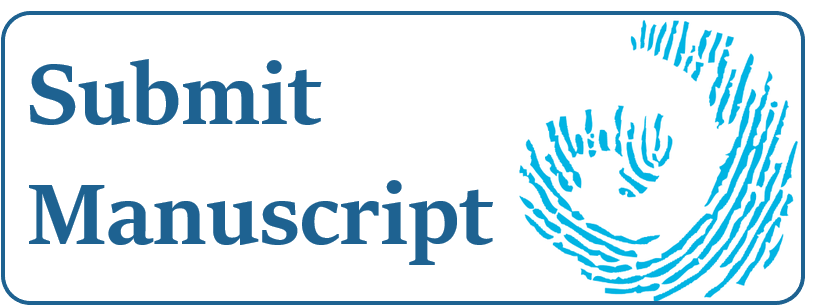Archives as multifaceted narratives: linking the ‘touchstones’ of community memory
Abstract
Records can help communities to construct and preserve their collective memory, acting as ‘touchstones’ in support of community values, survival and protection of rights.1 Records can be considered evidence2 – not simply in the legal sense – but of individual personhood, providing validation of experience and a sense of self.3 Thus collective memory is an essential part of community and individual identity. Rebecca Knuth describes the ‘National Archives [as] an institution charged by the government with maintaining the documentary basis of national identity’,4 defining who belongs and who does not. The records that it holds ‘document the choices societies make about how they define who their people are’.5 Similarly, Terry Cook suggests the focus of archival theory has moved from evidence to memory, to these concerns of identity and community, and that the archivist has been transformed from a passive curator to a community facilitator.6
From 2022 (Volume 50) authors contributing to Archives & Manuscripts agree to publish their work under the terms of the Creative Commons Attribution-NonCommercial-NoDerivatives License), which permits non-commercial re-use, distribution, and reproduction in any medium, provided the original work is properly cited, and is not altered, transformed, or built upon in any way. Authors retain copyright of their work, with first publication rights granted to A&M.




